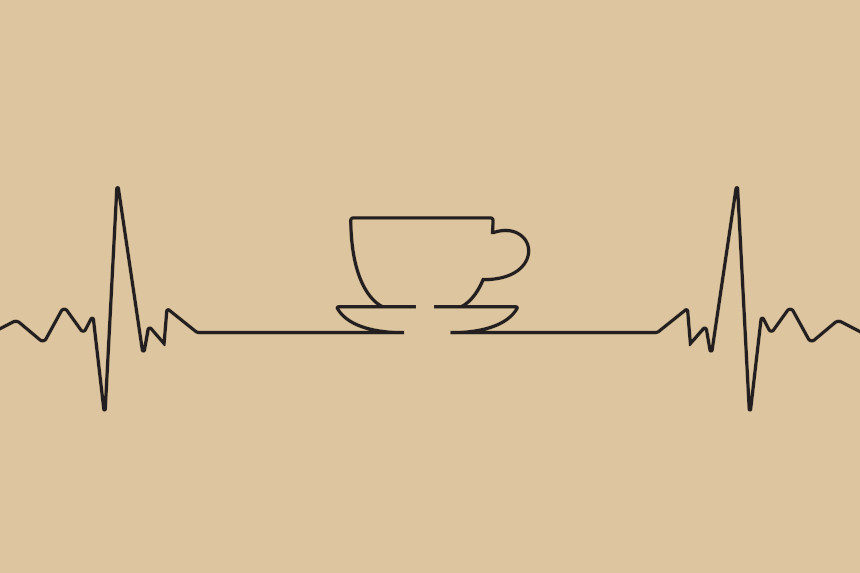“Your Health Checkup” is our online column by Dr. Douglas Zipes, an internationally acclaimed cardiologist, professor, author, inventor, and authority on pacing and electrophysiology. Dr. Zipes is also a contributor to The Saturday Evening Post print magazine. Subscribe to receive thoughtful articles, new fiction, health and wellness advice, and gems from our archive.
Order Dr. Zipes’ books, Bear’s Promise and Damn the Naysayers, A Doctor’s Memoir, and check out his website http://www.dougzipes.com.
As I write this column, I am finishing the second of three to four cups of coffee that I will drink today. I have written about coffee several times in the past, but recent publications prompted me to do so again because the improved quality of the articles has dispelled earlier misconceptions and has solidified the place of coffee and tea in the health spectrum.
Coffee and tea are among the most consumed beverages in the world. One cup of coffee contains approximately 95 mg of caffeine, whereas black and green tea contain 55 mg and 35 mg of caffeine, respectively. The caffeine can stimulate sympathetic nerves in the body to release adrenaline and provoke its stimulating actions.
Drinking coffee reduces overall mortality, according to several large population studies carried out in Japan, the United Kingdom, and the United States. Benefits are present whether the coffee is instant or ground, caffeinated or decaffeinated, and regardless of one’s individual genetic makeup. Increased tea consumption (three cups per day), especially green tea, confers similar benefit.
Coffee reduces the excess risk of type 2 diabetes by as much as seven percent with each daily cup. How this happens is not entirely clear but is likely due to one or more of the many chemicals such as polyphenols found in coffee.
Regular coffee consumption has also been linked to a reduction in cardiovascular disease, especially in those drinking three to five cups per day. It appears to lower the risk of coronary artery disease, and of developing atrial fibrillation and heart failure, perhaps by reducing LDL (bad) cholesterol, inflammation, obesity, and by an antioxidant action. Some studies also show a reduction in stroke risk. Studies on tea have more consistently shown reductions in total and LDL cholesterol.
Initial concerns about an increase in cancer risk have been dispelled and, in contrast, coffee consumption has been linked to a reduction in multiple types of cancers, including endometrial, liver, breast, colon, and several other types.
Concentration and motor skills may improve with coffee consumption along with a delayed or decreased risk of dementia. The risk of Parkinson’s disease decreases with caffeinated coffee consumption.
When something sounds too good to be true, it usually is, and not everything about coffee is beneficial. Caffeinated coffee can potentially increase the risk of glaucoma, elevate blood pressure and heart rate, impair sleep, and create feelings of anxiety, particularly in people not used to drinking coffee. Such symptoms are generally reduced or absent in individuals after habituation. Pregnant women should reduce or eliminate coffee consumption because of the link to lower birth weight and pregnancy loss.
Another warning is that most of the conclusions are based on epidemiologic studies that can be confounded by other lifestyle factors, self-reporting biases, dietary influences, types of coffee or tea, cup sizes, and amounts of sugar, milk, or sweetener added.
Regardless, now that I’ve finished writing this week’s column, I am going for my third cup!
Featured image: Praiwun Thungsarn / Shutterstock
Become a Saturday Evening Post member and enjoy unlimited access. Subscribe now



